
Are we rubbish at recycling?
Following the recent media coverage and wave of interest following Blue Planet 2 and the impact of waste and plastic in our sea, I've started to think; are we really rubbish at recycling?
More +We conducted a research project for the West London Waste Authority to explore residents’ behaviours and perceptions regarding waste management, consumption and climate change. Our study included quantitative and qualitative research that helped inform different strategies towards cultivating a more sustainable community.

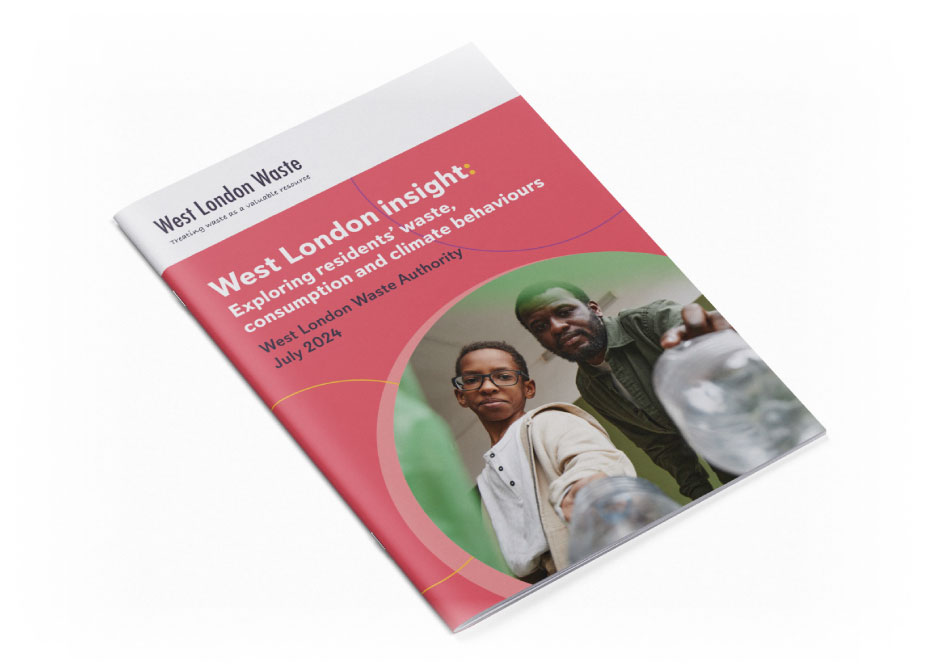
Understanding West London’s waste perception and behaviours
We were commissioned by the West London Waste Authority to carry out a research project aimed at understanding West London citizens’ perceptions of the value of waste, their current behaviours and how to raise awareness about the value of waste. The project also sought to identify opportunities to engage citizens in circular economy goals and achieve long lasting net zero carbon.
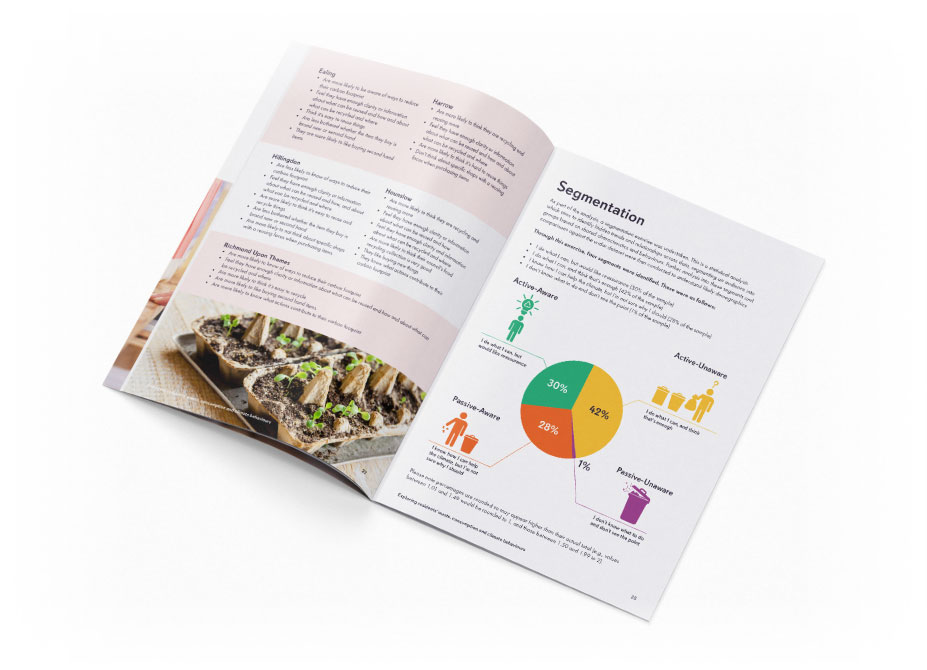
Discovering insights through in-depth overarching research
We conducted a comprehensive study to explore waste management practices and resident behaviours. This involved focus groups with professionals and targeted surveys for both waste management professionals and residents, available in five different languages. Our research used the COM-B Model of Behaviour to capture residents’ behaviours, motivations, and barriers regarding recycling, consumption, and climate action. We distributed these widely and analysed 1,074 resident responses. In-depth interviews were conducted to further explore insights focusing on waste, consumption, climate behaviours, and community engagement. The analysis and findings were guided by behavioural science principles and frameworks which resulted in actionable recommendations for improving waste management and sustainability practices.
The research identified key residents’ behaviours, main behavioural insights and a series of recommendations.
By understanding how West London residents interact with waste, consumption, and climate action, the report offers strategies to enhance education, persuasion, incentivisation, and infrastructure. These recommendations support WLWA's efforts to improve waste management services, foster sustainable behaviours, and advance toward net zero carbon and circular economy goals.
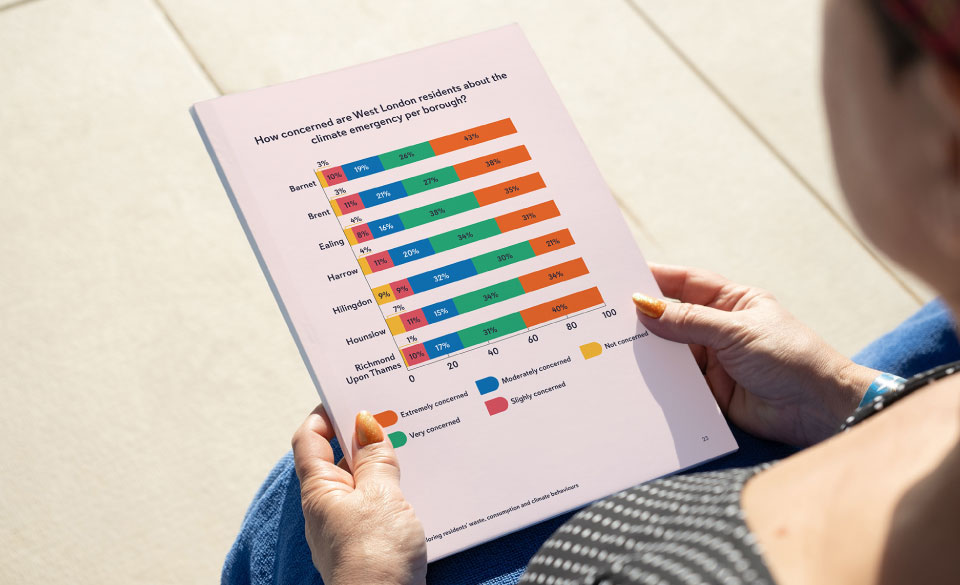
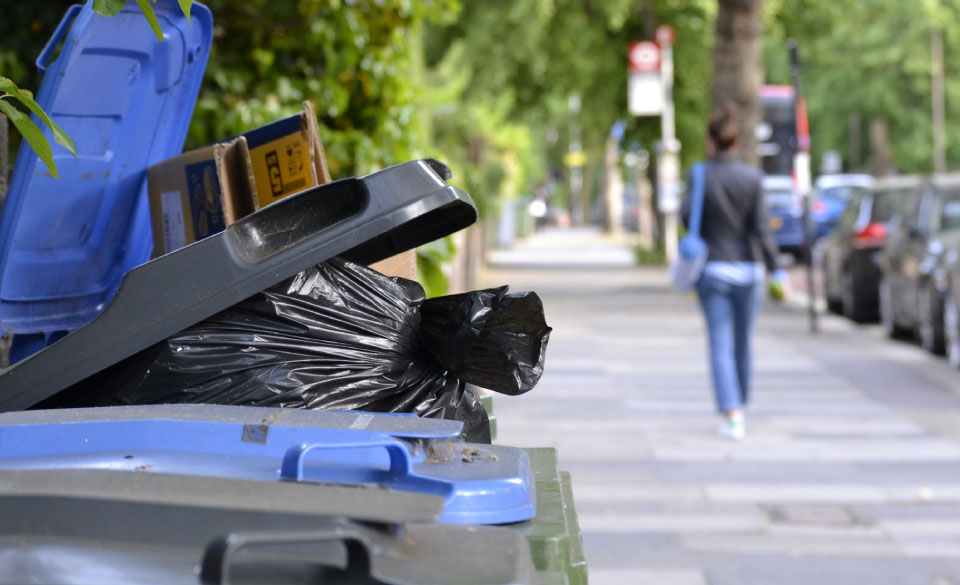

Following the recent media coverage and wave of interest following Blue Planet 2 and the impact of waste and plastic in our sea, I've started to think; are we really rubbish at recycling?
More +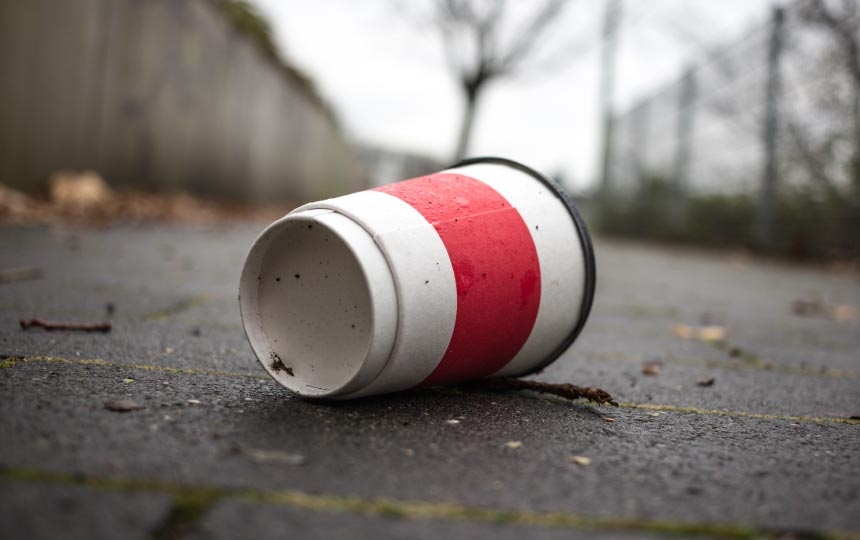
Over the past six years, recycling has evolved from a chore to a crucial behaviour. Despite our efforts in reusing, sustainable shopping, and adopting plant-based diets, media coverage suggests we're still falling short. Recycling rates in England have declined slightly, highlighting the need for improved waste management and stronger initiatives to reduce consumption and plastic pollution.
More +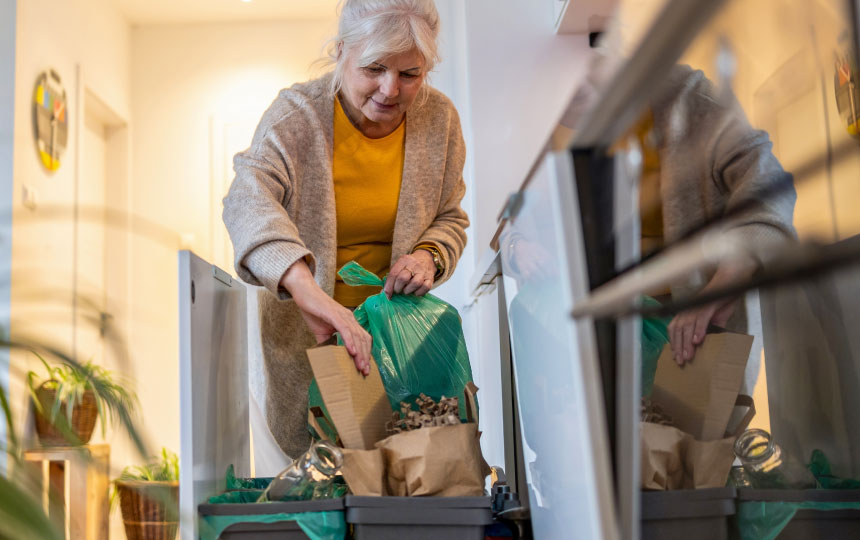
Waste has become a hot topic in recent years. Now more than ever before people are aware of how much they waste.
More +
Kiel in Germany is a city implementing innovative strategies to achieve Zero Waste City certification. In this blog we explore what they are doing - and how other cities are moving to zero waste.
More +Enter your email address below to access the Academy and our Webinars